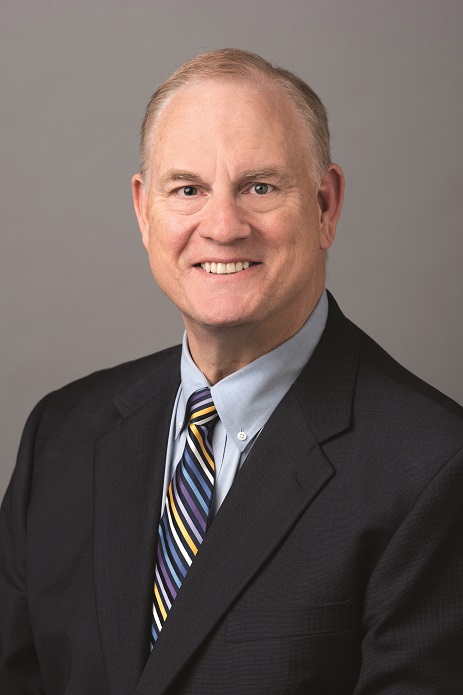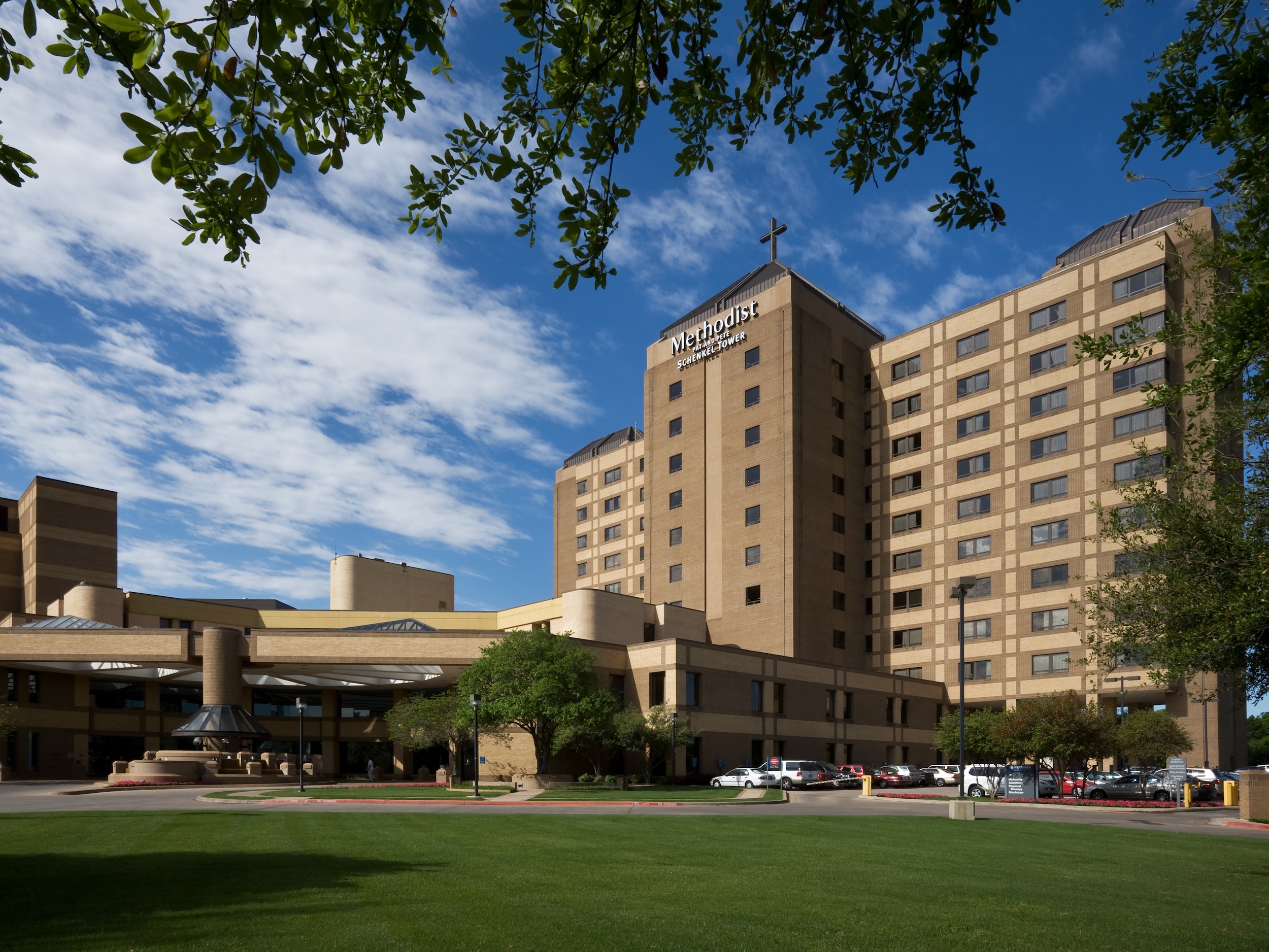COVID-19 began taking hold of headlines and the economy about a year ago in Dallas. While it will forever impact almost all industries, the healthcare sector was the front line of fighting the disease and had to be more agile, innovative, and resilient than ever.
D CEO Healthcare is sitting down with health system leaders to reflect on how the last year changed them, their health systems, and the industry forever. Read on for insights, takeaways, and silver linings surrounding fighting the pandemic from Jim Scoggin, CEO of Methodist Health System.

What is top of mind for you when you think back over the last year?
“The pace, magnitude, and duration of this pandemic were and, frankly, still are unprecedented. When I think back to the beginning of the pandemic, I am amazed by the sheer number of decisions that had to be made in almost real-time. We would make a decision and communicate that decision based upon the best information at that moment. Often, we would then get different directions from various national and local health officials requiring significant modifications, sometimes the same or next day. Everybody was doing the best they could with the information they had. However, it was all staggering, at times.”
How did the pandemic impact your staff?
“A crisis can either bring a family closer together, or it can tear it apart. This is the closest thing to a prolonged crisis that I’ve ever dealt with in my healthcare career, and in the case of this pandemic, I’m proud to say that the Methodist family grew even closer and stronger. Folks worked so hard, so diligently, so courageously, and so faithfully throughout this process, knowing that if they didn’t show up, they were letting a co-worker down or letting a patient down. Sometimes you get so swept up in taking care of everybody else that there’s no time or even thought about what I can or should do for myself to keep me in a good place. We have work to do in this regard to recharge our emotional and physical batteries. Because families of the COVID patients could not be with their loved ones, a unique and even more special connection was created between our direct care givers and their patients under most extreme circumstances. Many have told me it has had an indelible impact on their lives.”
How has the pandemic changed the way the health system is run?
“We learned out of necessity what can be done from home. Some of our work from home policies will change on a permanent basis going forward. I would suspect that we’ll end up with more people working from home post-pandemic on a routine basis. From a telemedicine perspective, if you look at the level of activity before the pandemic of what we did, as compared to how it was transformed in the course of just a few weeks and some cases a few days, it is exponentially greater than it was going into the pandemic. I would expect that we’ll find more robust and comprehensive uses for telemedicine, and most certainly, our volumes will continue to be high. While in-person meetings will still largely be our preferred approach post-pandemic, we have learned that we can be productive via Zoom and other platforms. That all said, we sure look forward to the day when we get back together.”
What was the most difficult part of the past year?
“The all-consuming nature of the pandemic, particularly early on, when, for those of us in healthcare, it was a 24-hour endeavor. Because we did it for 12 to 14 or sometimes 16 hours a day, and then you went home, you couldn’t get away from it because of the 24-hour news cycle. The most difficult for me was the required decision to not allow the loved ones of COVID patients to visit in-person. You care for your patients, and when you know families can’t be there to provide that support, it hurts, to put it lightly.”
What was a silver lining from the pandemic?
“One silver lining for us was what I would categorize as all things vaccine-related. This pandemic will be talked about for decades to come, if not centuries. Being able to administer this life-saving vaccine was so important and we were proud to have been the first system in North Texas to receive and administer the vaccine. We’ve had mobile clinics that have embarked and administered vaccines in school district partnerships, particularly in the southern sector of Dallas and Dallas County. We have a great partnership with Parkland, and we were able to help Dallas County and the city of Dallas, particularly early on. It’s exciting to be able to be a part of that and be a part of history, and helping so many people the right way.”
What did you learn from the pandemic?
“We learned many lessons including the importance of an effective and comprehensive emergency management plan. Certainly, that emergency management plan will incorporate the many lessons learned during the pandemic. We also learned a lot from our surge planning that was required. We’ve learned a lot about how to cohort patients on certain units and how to even more effectively enact a plan that allows us to handle a significant amount of volume in a relatively short period of time. Our hope is we have enacted that surge plan for the last time but are now even better prepared if the future need arises.





